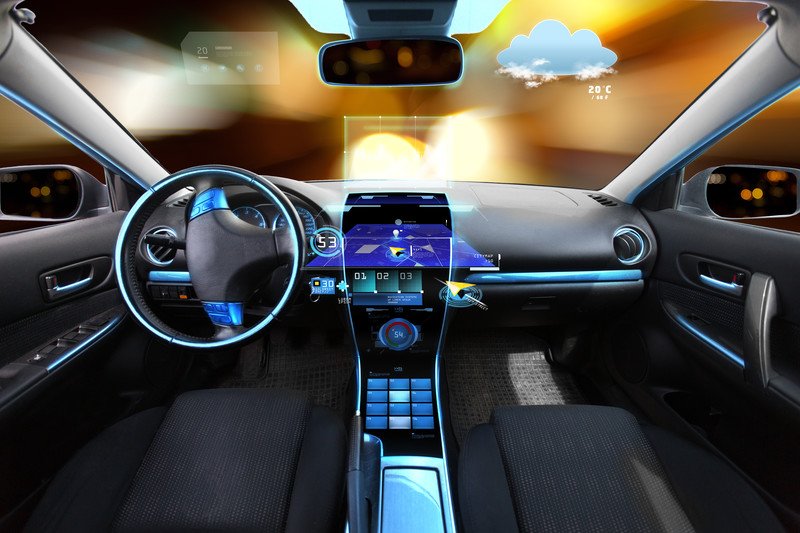
Many car enthusiasts are holding out hope that the industry is moving more towards a modular automotive future. What exactly is a modular future? Well, for starters, it has a lot to do with the chassis of the vehicles being manufactured. This method of manufacturing allows car makers to keep the same chassis but switch out the body of the vehicle.
One car company, Volkswagen, announced back in August that it was working on a microbus in a 60s-style that would be available beginning in 2022. The prototype is known as the I.D. Buzz. When Volkswagen made the announcement it caused many baby boomers across the globe to experience a flashback to their teen years.
To explain this a little clearer, try to imagine cars that are simply batteries on a flatbed. You will then have something like a Lego part for the actual vehicle. That part can either be a sedan, a compact car, a pickup truck, a van, a limousine, a camper, a minibus and a recreation vehicle.
Now let’s look at the big picture. This development could either be very lucrative for the automotive industry or it could be threatening. For example, a consumer would only have to purchase a cab-and-chassis battery. Then they would need to buy a module or top hat based on their needs. This type of system would likely increase the price of one vehicle but likely drop that price if the consumer bought two or more modules.
A vehicle of this kind would likely last much longer than the cars and trucks of today. A battery in this type of vehicle would more than likely last 10 years or longer. There would also be less moving parts on these vehicles, which could extend their lifetime to more than 200,000 miles. Not too far into the future it wouldn’t be out of the question to expect vehicles to last for more than one million miles.
As ride sharing increases, miles driven will become a more important statistic to look at instead of years on the road for vehicles. Despite all of this, module vehicles could cause quite a disruption of the economy. It could very well trickle all the way down to contractors, who might have to build larger garages to store unused vehicle modules.
The sector that would see the biggest financial gain from a modular vehicle is the auto manufacturer. If modular vehicles come to fruition auto makers will be see a reduction in their amortized cost per vehicle because more would be coming off a single platform. Ultimately this would improve their return on investment.
It seems as though many manufacturers are looking to develop modular vehicles for commercial use. The prototypes discussed by Volkswagen feature a module for cargo and a module for passengers. Even UPS and Amazon are looking into modules for their cargo hauling efforts.
The modular automotive industry is nothing new. The Ford Econoline van is an example of a modular vehicle that has been in use for decades. So, where are we headed? Don’t be surprised if you start seeing modular vehicles on the roads within the next five years or so.